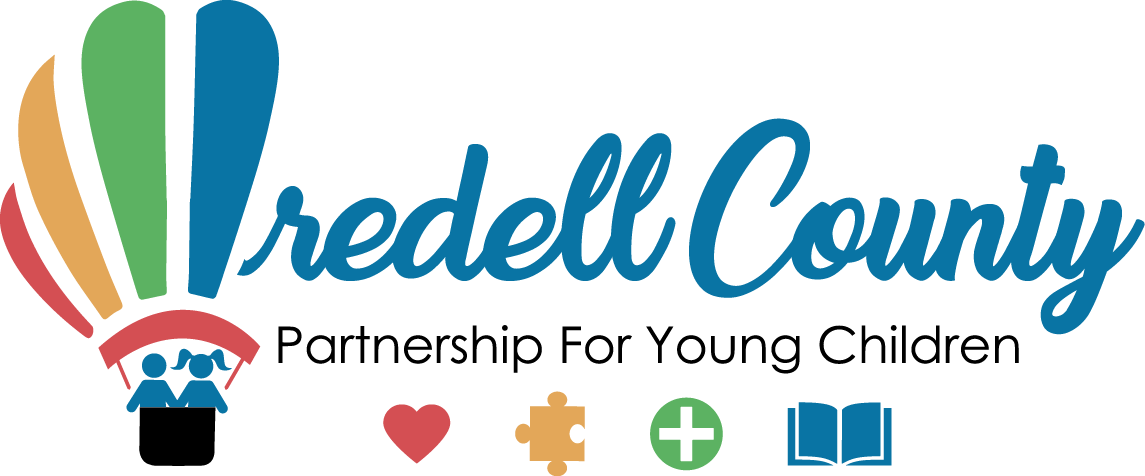Welcome to the Region 9 Child Care Resource & Referral Website
-
What is Child Care Resource & Referral?
Child Care Resource & Referral (CCR&R) refers to an interrelated set of free services to families, child care providers, employers, and communities that:
- facilitate access to early care and education and school-age child care options for families;
- improve the quality of those child care options; and
- provide objective information for planning and policy development to public and private sectors.
-
How does CCR&R work?
- CCR&R services are available in each of North Carolina’s 100 counties through the state’s regional system of CCR&R agencies.
- Overall, there are 14 CCR&R Lead Agencies across the state working with a variety of local organizations to serve North Carolina’s diverse families, child care programs, professional workforce, and communities.
- CCR&R services are located in private, non-profit organizations, Smart Start Partnerships, and a variety of public agencies. Several NC agencies have been providing CCR&R services to their communities for 40 years or more.
- CCR&R agencies provide the “core” CCR&R services of consumer education and referral, professional development and training, technical assistance, data collection and analysis, and public awareness, all of which work to improve children’s access to quality child care and help ensure children have the early experiences they need for their optimal development. CCR&R agencies also deliver “enhanced” CCR&R services which target specific early care and education service provider gaps and needs.
- North Carolina’s CCR&R system is a national model for high performance, with strong standards and a set of outputs and outcomes for which the system is held annually accountable.
-
NC Child Care Resource & Referral Council
The NC Child Care Resource & Referral Council funds core service delivery in all fourteen CCR&R regions throughout North Carolina. Child Care Resources Inc. is the Management Agency for contracted core services, monitoring and service delivery in Regions 2, 6, 7, 9 & 13; Child Care Services Association for Regions 1, 3, 4, 12 & 14; and, Southwestern Child Development Commission for Regions 5, 8, 10 & 11. Within each of the fourteen regions, one CCR&R agency is identified as the Regional Lead Agency. The Regional Lead Agency is accountable to the CCR&R Council and is responsible for developing strategies to address and successfully meet council established regional/county Core Service goals and outcomes. The North Carolina Child Care Resource and Referral (CCR&R) Core Services Project ensures that the key elements of Core Services including: 1) consumer education and referral, 2) professional development and training, 3) technical assistance, 4) data collection, evaluation, and analysis and 5) public awareness, are available in all counties of the state.
-
NC CCR&R Council Brochures and Resources
-
The North Carolina Resource and Referral Statewide Projects
School-Age Initiative:
The North Carolina CCR&R School Age Initiative is a quality enhancement project funded by the Division of Child Development and Early Education aimed at improving the impact of school age programs throughout the state. The program is an initiative of the North Carolina CCR&R Council and is managed by Southwestern Child Development Commission.
The North Carolina CCR&R School Age Initiative offers DCDEE approved trainings to school age providers, develops and leads school age train-the-trainer events for eligible trainers and oversees the implementation of North Carolina’s Basic School Age Care (BSAC) Train-the-Trainer course and database, and the training and development of CCR&R Technical Assistance and Professional Development staff in school age related skills and quality enhancement techniques. It also manages the publication of school age related resource guides and the School Age Update quarterly newsletter.
Healthy Social Behaviors Project:
The Healthy Social Behaviors Project was established to address behavioral issues in young children by offering services designed to identify, prevent, and modify challenging behaviors with a goal of reducing the expulsion rate and promoting social-emotional development of all children in NC licensed child care centers. The Project team consists of regional Healthy Social Behaviors Specialists, Fidelity Coaches and a project manager that ensures that all 14 regions have access to the Healthy Social Behavior Project services. Child Care Resources Inc. (CCRI) provides overall project management for this initiative.
Infant Toddler Enhancement Project:
The Infant Toddler Enhancement Project was established to improve the quality and availability of infant/toddler care in North Carolina. Regional Infant Toddler Specialist provide services statewide including technical assistance for child care programs and training specific to infant and toddler care best practices. The Project team consists of regional Infant Toddler Specialist and a project manager that ensures that all 14 regions have access to the Infant Toddler Enhancement Project’s services. The Infant Toddler Enhancement project is managed by Child Care Services Association.
Family Child Care Home Project
The Family Child Care Home Project was established in 2019. This project was created initially to conduct research that provided a realistic picture of the state of family child care homes (FCCHs) in North Carolina and generate recommendations for strengthening and supporting current and future FCCHs. Since the completion of the research, using the recommendations as a guide, the project has worked within the CCR&R system to providing training and technical assistance to Professional Development and Technical Assistance practitioners who support Family Child Care Homes. Convening trainings and conducting community of practice forums with CCR&R staff have provided consistent engagement opportunities for all areas of the state. Additionally, the project has worked with collaborating partners and stakeholders at the state and federal level to elevate and inform policy discussions that positively impact licensed Family Child Care Home professional educators. The project continues to evolve as NC addresses the recommendations from the research report.

